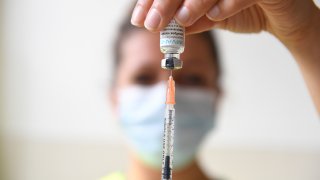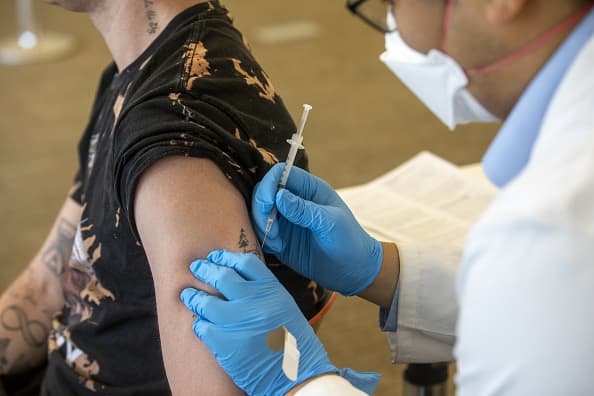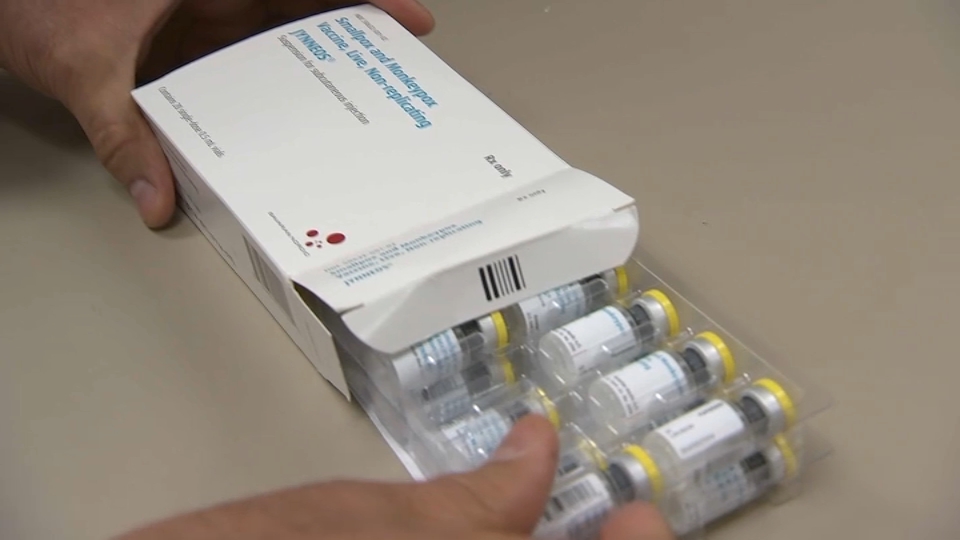
There are 31 confirmed cases of monkeypox in Contra Costa County, with another 13 suspected cases, health officials told the county board of supervisors Tuesday.
"While the numbers are still small, they are growing every week. 16 of our 31 cases have been in West County and 10 in Central County," county health officer Dr. Ori Tzvieli told the board. "Ten of the cases of 31 have been in Hispanic or Latino men."
Tzviel said there are more than 1,300 cases in California that are confirmed, with the majority in San Francisco and Los Angeles Counties.
"We are also really concerned about the scarcity of vaccine," he said. "Our demand is far exceeding our supply, in Contra Costa and across California."
Get a weekly recap of the latest San Francisco Bay Area housing news. Sign up for NBC Bay Area’s Housing Deconstructed newsletter.
Contra Costa Health Services has vaccinated more than 845 people in county clinics in recent weeks, said Tzvieli.
"And we have a waiting list of over 1,800 people that have expressed interest in the vaccine," he said. "We have been allocated another 1,800 doses in the next big allocation, and those will come in stages throughout the month."
No one has died from Monkeypox in the U.S., said Tzvieli, and only about three percent of those infected have required hospitalization.
But the virus - which is contracted mostly through skin-to-skin contact - is "extremely painful," and frequently leaves scars, he said.
"Our goal is to get the vaccine out into the community as soon as we can. We're going to open online scheduling (for vaccines) later this month."
The county has also seen a slight uptick in COVD-19 cases, Deputy Health Services Director Erika Jenssen told the board.
The county is averaging about 112 people hospitalized with COVID-19. The amount of virus detected in the county's wastewater has gone up slightly the past two weeks.
Jenssen said that though new boosters will come this fall, people shouldn't wait to get vaccinated.
"Fully vaccinated people with two boosters are 96 percent less likely to die from COVID than people who are unvaccinated," she said.




